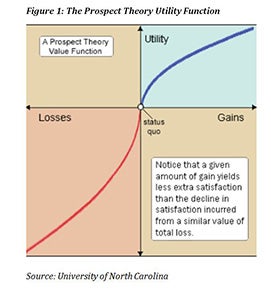
Fact #2: Most of them are not entirely convinced that a toilet does any good.
Fact #3: Many of the recent toilet adopters still like to go in the open.
I don’t mean to be alarmist, but these signal a need for a shift in thinking about the complex problem of addressing behaviour change with respect to toilet adoption.
With a myriad missing links to sustainable sanitation uptake, I’ll stick my neck out and say that the stickiest issue in sanitation today is not one of lack of investment, nor political commitment or markets. Clearly, the governments understand the wide-ranging impacts of sanitation on health, environment, and economy, and have committed billions of dollars to increasing sanitation coverage. Recently, the Government of India quadrupled its investment in rural sanitation in the current planning period (2012 – 2017) to US$ 6 billion[1] through its ambitious Nirmal Bharat Abhiyan program. Moreover, there seems to be robust enthusiasm in the private sector for the ‘ready for take-off’ sanitation market in low-and-middle income countries with low coverage. The continually baffling dilemma is in some ways an age-old one – that of changing mindsets. How do we influence and change the entrenched behaviour of open defecation and create a compelling case for toilet use? What is the appropriate rationale for applying social and behavioural interventions to get people not just to build toilets but also to use them?

Now let’s attempt to apply the theory to the problem of sanitation demand and uptake. The current approach to community-led total sanitation emphasizes creating what behavioural economists would call a ‘gain prospect’ for potential adopters. The logic flows somewhat like this: “You should not defecate in the open, and build and use a toilet because it produces health, convenience, privacy, dignity and safety benefits for you and your community.” The problem with this approach is that potential gains are valued much less than losses, not to mention that health benefits in particular are too far out in the future to influence a significant change in behaviour. It is hard for the consumers to grapple with long-term beneficial impacts of sanitation. Then, of course there is inertia to having done things a certain way.
Still staying with the Prospect Theory, the perceived value of toilet use might be increased at least two-fold[2] by presenting the normative practices of open defecation and not using the toilet as losing propositions. The ‘loss prospect’ argues: “You stand to lose immensely by defecating in the open and not using your toilet. There are grave losses in terms of health, privacy, safety and convenience for you and your community. Ergo, you should not defecate in the open and build and use toilets.” This shift in frame from gain utility of sanitation to loss utility of open defecation would likely have a stronger psychological draw for delivering impact on the intractable issue of behaviour change.
It is widely agreed that one of the main missing links in driving real demand for sanitation is the poor traction we have on behaviour change. It not only undermines huge investments but also thwarts excellent policy. Stepping outside the box to apply the insights of psychology to implementing behaviour change is an experiment worth trying. Professor Kahneman would agree!
Photograph by Sabrina Haque/World Bank


Join the Conversation